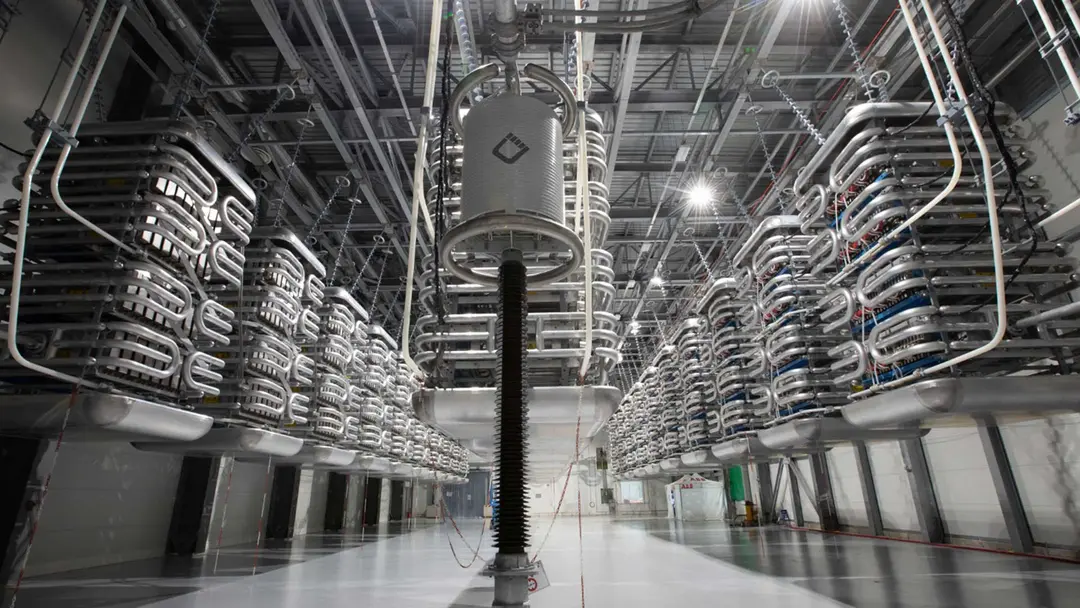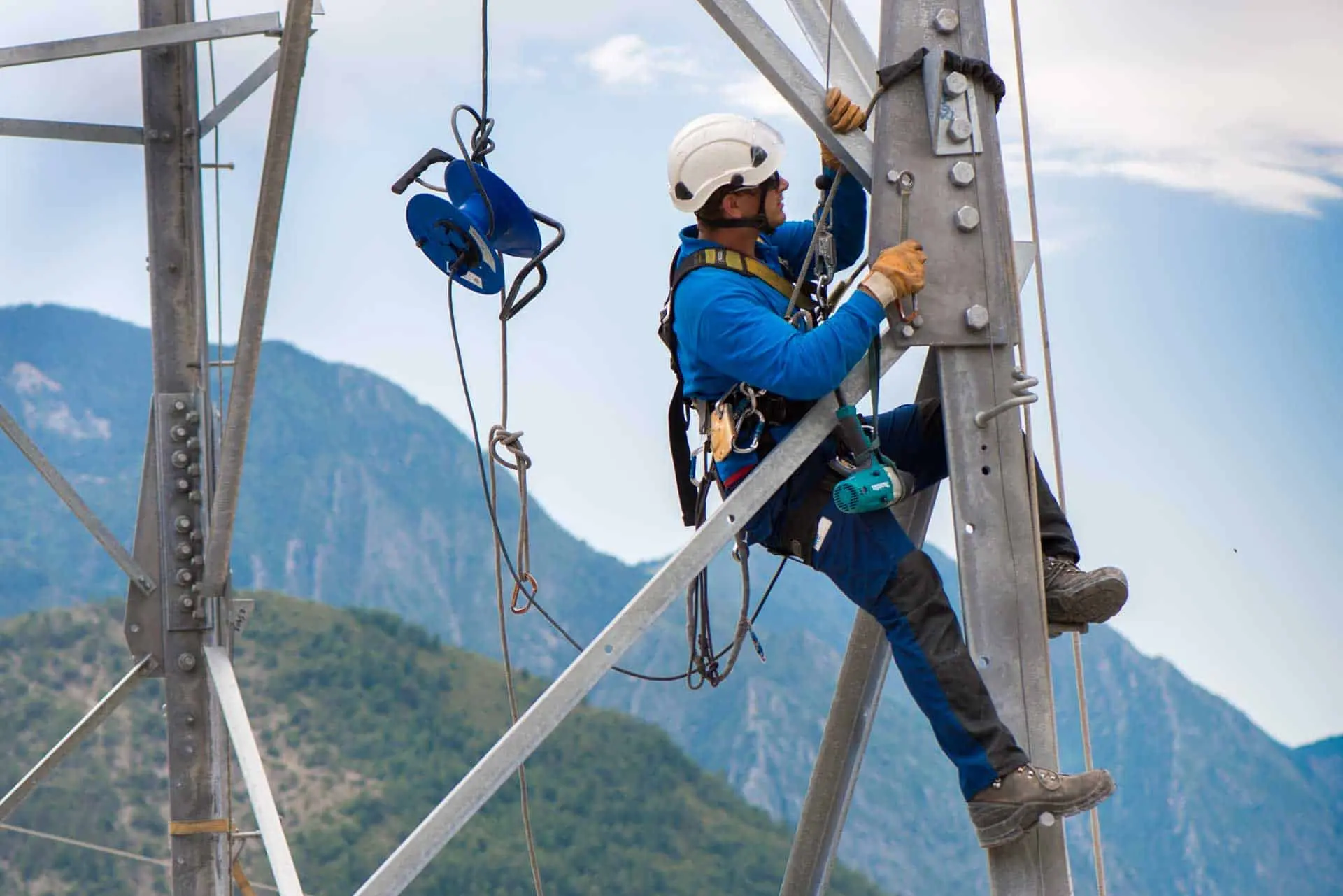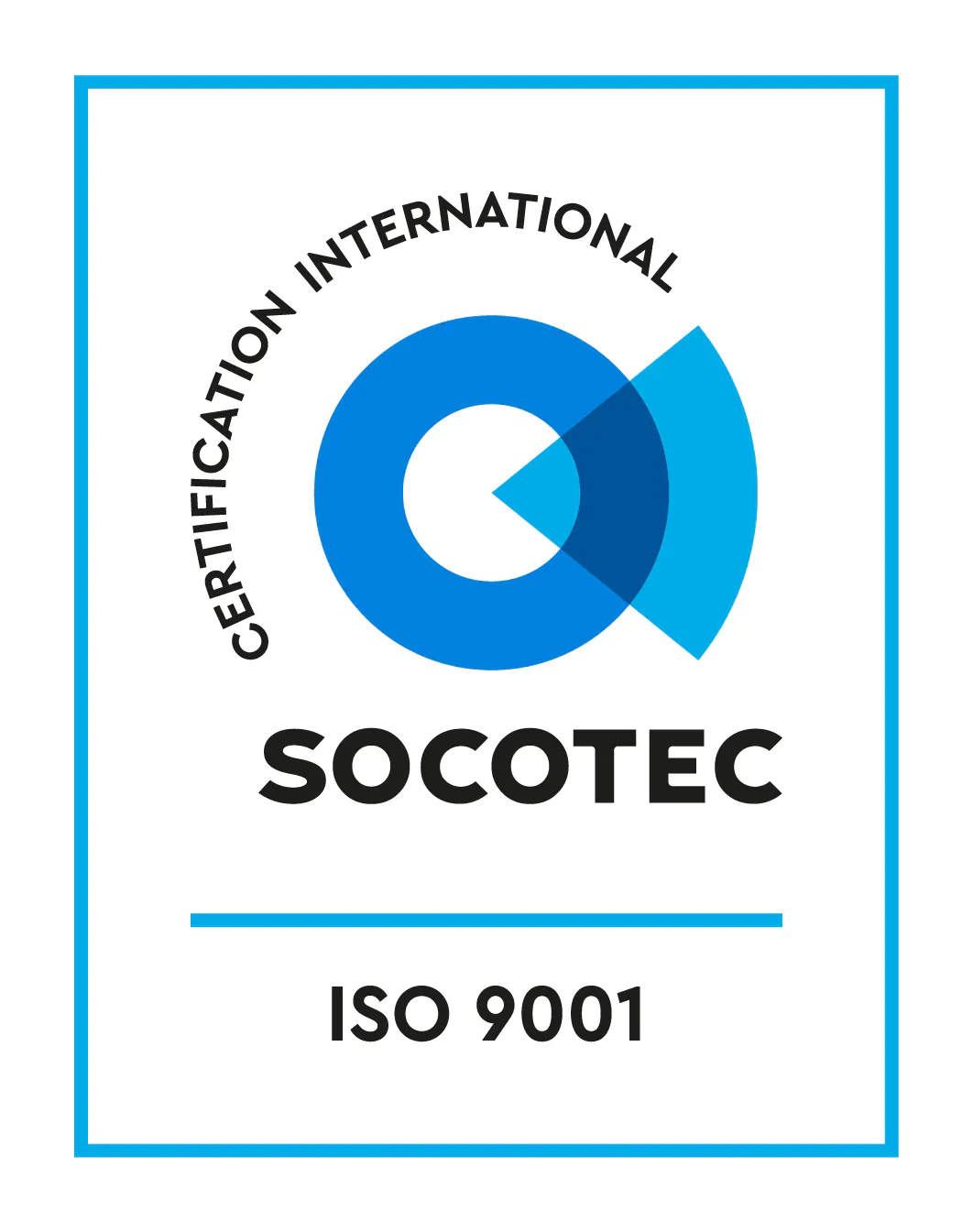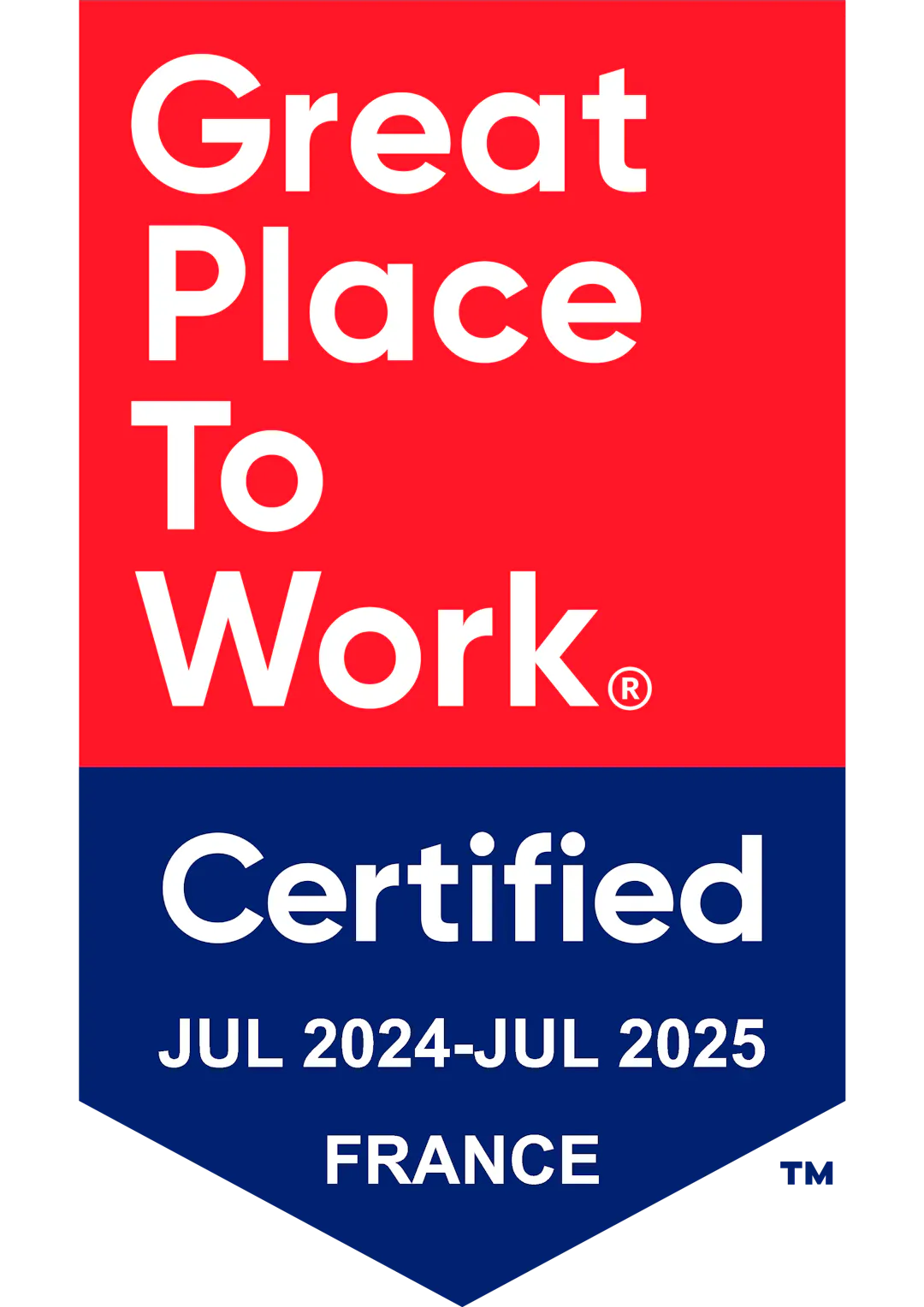RTEi Academy
Our training offer
We provide an extensive range of training programs designed to assist our customers in navigating the challenges of the global energy transition.
Our courses, suitable for all levels of expertise and diverse backgrounds, encompass a broad spectrum of topics. We offer solutions, tools, and methodologies to ensure you remain at the forefront of the constantly evolving energy industry.
In addition to our standard programs outlined below, RTE international also provides customized training tailored to your specific requirements.
Theoretical courses take place in Paris and Lyon, while practical sessions and field visits are conducted in collaboration with the French transmission network operator, RTE.
Upcoming training courses
HVDC - VSC systems training | May 2025
The next session of our HVDC – VSC systems training course in the USA will be held in Albany (NY, USA) in May 2025. Register now on our dedicated page!
Antares Simulator Beginner Training | June 2025
Discover our training programme designed to ensure that energy professionals get the most out of Antares Simulator. Register now on our dedicated page!

Network Codes
The European regulatory framework is founded on network codes, and RTE has actively participated in ENTSO-E working groups, making significant contributions to the drafting of these codes. RTE international has leveraged RTE’s technical expertise in developing or updating network codes in various countries, including Afghanistan, Niger, Turkey, Serbia, Cameroon, Ecuador, Ivory Coast, Mexico, and the Republic of Congo, among others.
To facilitate the effective implementation of these network codes, RTE international experts have provided training to utility staff and stakeholders in these nations. Drawing on the expertise gained both in France and internationally, RTE international offers its foreign clients a comprehensive Grid Codes training program, encompassing all essential operations that Transmission System Operators are required to perform in this domain.
Topics covered

The role of network codes

Changes in network codes in France and ENTSOE member countries

Grid connection codes

Codes relating to system operation

Market codes

Implementation of network codes


HVDC - VSC Systems
The extensive development of renewable energy sources within transmission networks, coupled with public demand to minimize the construction of new overhead lines, has resulted in a heightened reliance on long underground high-voltage cables. This shift includes the incorporation of dynamic reactive power support and the establishment of new HVDC links utilizing underground direct current cables.
The increasing integration of power electronics-based devices into the grid significantly influences its performance and reliability. This evolution necessitates enhancements to control and protection systems, as well as a deeper understanding of dynamic behavior within the network.
Topics covered

Basics of HVDC (high-voltage direct current)

First practical experience with EMTP-RV to illustrate the basics of HVDC

Introduction to VSC: AC/DC converters, basis of VSC controls, HVDC links with VSC

Description of the main equipment of an HVDC MMC station

Description of the conversion cell

Layout of transformers and arm reactor

AC/DC filters

PQ diagram

Overview of the converter protection strategy and its implementation in real systems

AC fault behaviour of VSC stations (balanced and unbalanced faults)

Loss estimation for MMC converters

Basic design approach

Tendering principles

Technical specifications

Project execution

Maintenance French Method of Live Work
Live work involves the maintenance of electrical installations while they remain energized. This method, developed and employed in France for over 50 years, minimizes disruptions and the significant economic costs associated with de-energizing transmission lines and other equipment, such as electrical substations, for routine maintenance operations.
The challenges of live work include preventing power outages, ensuring a high level of availability for installations, safeguarding the well-being of employees and third parties, and continuously adapting to technological advancements.
Topics covered

A detailed description of the method

Benefits for maintenance teams and system operators

The implementation process

Challenges encountered in implementing the method and solutions.

Presentation of specialised equipment

Operating the network during Live Line Works

The role of management and corporate strategy

Innovations and new methods

Visit to a site carrying out Live Working

Suitability Studies
One of the primary responsibilities of Transmission System Operators (TSOs) is to manage balance and adequacy across all time horizons. The Antares-Simulator software, developed by RTE, serves as an open-source solution that oversees all adequacy processes, ranging from long-term scenarios to weekly adequacy forecasts at the pan-European level.
RTE international has cultivated extensive expertise in utilizing the Antares-Simulator software across various contexts, employing the tool to conduct studies for a diverse array of networks and sectors.
Topics covered

The challenges of predicting system suitability

The different types of suitability study

The main principles of modelling a system with Antares using a market approach

The different simulation options and their impact on results

How do you fill in the load, sun and wind time series?

How do you use the different hydroelectric models and understand their differences?

How do you describe a thermal park from a technical and economic point of view?

How do you model storage using a hydraulic pump and a battery?

The right actions for testing and assessing the quality of a result

How to use R packages to illustrate results
How can we help you ?
Fields marked with an asterisk are required.


